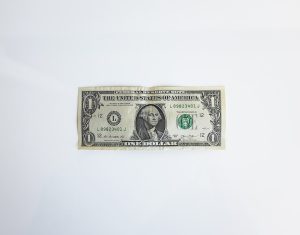Forex trading is a 24-hour market that operates from Monday to Friday. This means that traders can trade currencies at any time of the day or night. However, not all trading hours are equally advantageous. In this article, we will discuss the best times to trade forex and the factors that affect currency volatility.
Forex trading sessions
Forex trading sessions are divided into four main time zones – Sydney, Tokyo, London, and New York. Each of these sessions has different characteristics, and traders need to be aware of them to make informed trading decisions.
Sydney session: The Sydney session starts at 10 pm GMT and ends at 7 am GMT. This session is generally quiet, with low liquidity and volatility. However, there can be some opportunities to trade currency pairs that involve the Australian dollar (AUD), such as AUD/USD, AUD/NZD, and AUD/JPY.
Tokyo session: The Tokyo session starts at midnight GMT and ends at 9 am GMT. This session is known for its high liquidity and volatility, especially during the first two hours when the Tokyo and London sessions overlap. Currency pairs that involve the Japanese yen (JPY), such as USD/JPY, EUR/JPY, and GBP/JPY, are particularly popular during this session.
London session: The London session starts at 8 am GMT and ends at 5 pm GMT. This session is the most active and liquid of all sessions, with the majority of forex transactions taking place during this time. Currency pairs that involve the British pound (GBP), such as GBP/USD, GBP/EUR, and GBP/JPY, are the most popular during this session.
New York session: The New York session starts at 1 pm GMT and ends at 10 pm GMT. This session overlaps with the London session for four hours, which creates high liquidity and volatility. Currency pairs that involve the US dollar (USD), such as EUR/USD, USD/JPY, and USD/CHF, are the most popular during this session.
Factors that affect currency volatility
Currency volatility refers to the amount of price movement in a currency pair over a specific period. The following factors can affect currency volatility:
Economic data releases: Economic data releases, such as GDP, inflation, and employment data, can have a significant impact on currency volatility. Traders should be aware of the release times of these data and adjust their trading strategies accordingly.
Central bank announcements: Central bank announcements, such as interest rate decisions and monetary policy statements, can also affect currency volatility. Traders should pay close attention to these announcements, as they can provide valuable insights into the direction of a currency.
Geopolitical events: Geopolitical events, such as elections, wars, and natural disasters, can create uncertainty in the forex market and increase currency volatility. Traders should be aware of these events and adjust their trading strategies accordingly.
Conclusion
In conclusion, the best time to trade forex depends on a trader’s individual preferences and trading strategy. Traders should consider the characteristics of each trading session and the factors that affect currency volatility when choosing the most suitable trading time. It is also essential to have a reliable trading platform, such as MetaTrader 4 or 5, and access to real-time news and data to make informed trading decisions.





